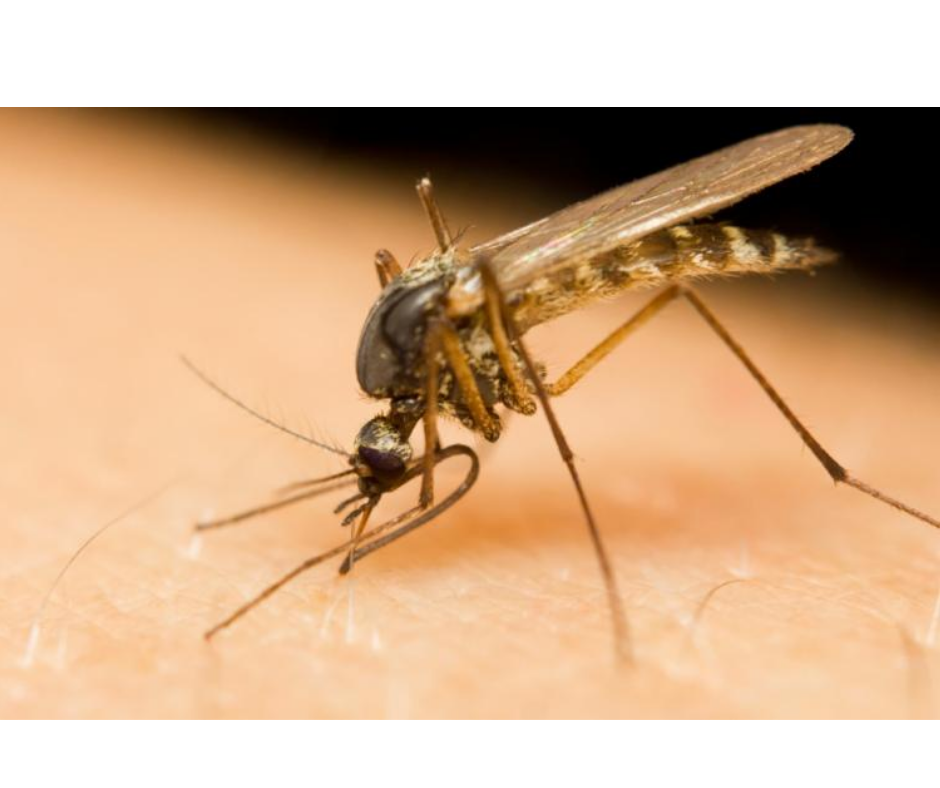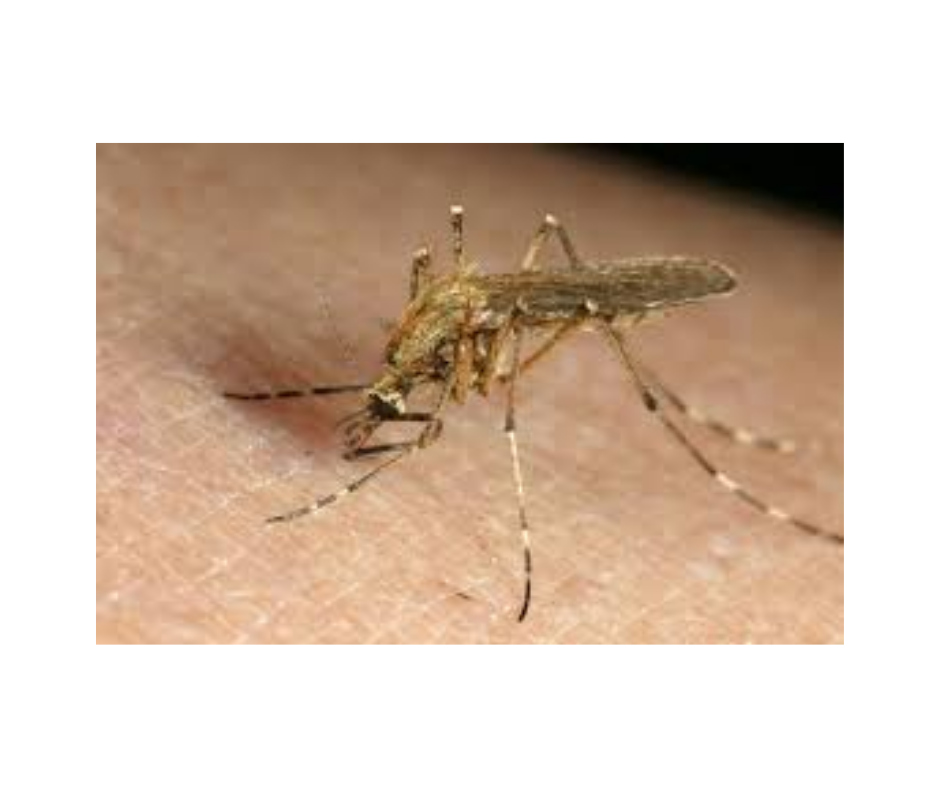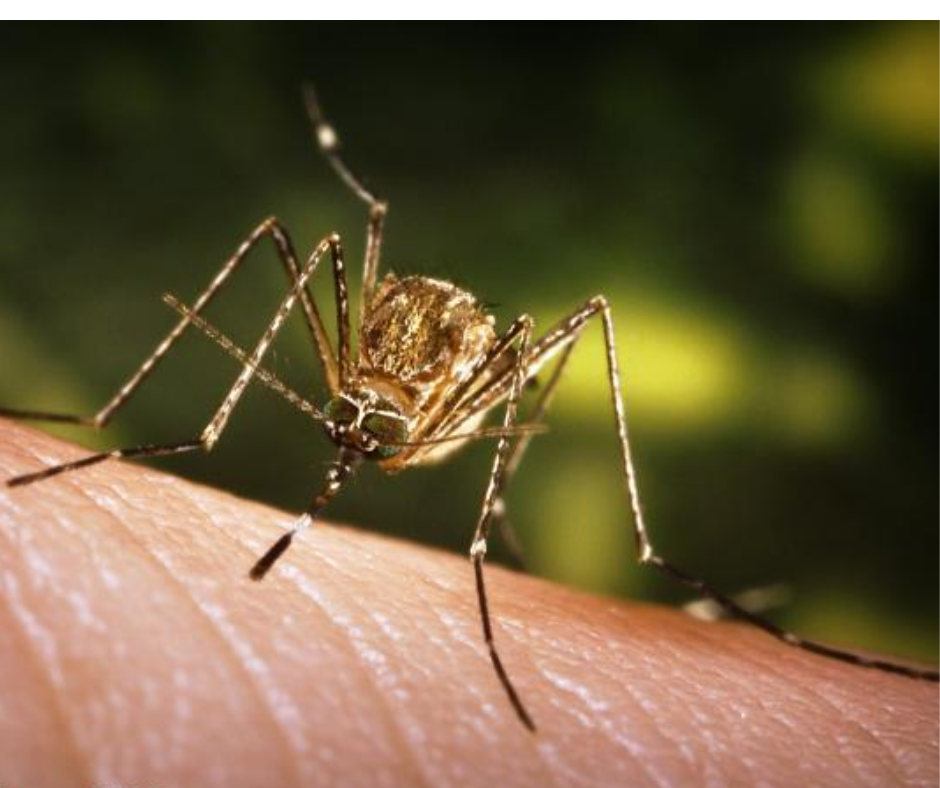Spring 2021 Newsletter
Spring 2021
Quarterly Newsletter and Updates
.png?ixlib=rb-1.1.0&w=2000&h=2000&fit=max&or=0&s=c8dad84e81f88f8a1c031e2d15446366)
“It’s the biggest mosquito I have ever seen…” - Caller talking about a crane fly
This picture you see on the left is a crane fly, not a mosquito, though they do look similar. During spring, many insects end their overwintering stage, and become active again. Often during this time, ACMAD receives many calls from the public describing large flying insects or swarms of insects. While there are many varieties of mosquitoes (over 53 in California alone) there are a few specific characteristics that can help distinguish mosquitoes from other flying insects.
Mosquitoes are usually smaller than an adult thumbnail, have a high-pitched buzzing sound, typically do not swarm, and the female mosquitoes bite humans and animals. They may also carry diseases such as West Nile virus, St. Louis encephalitis, dog heartworm or more. See the three pictures below for examples.

Culex Pipiens

Aedes Dorsalis

Culex tarsalis
The following insects do not bite humans, often fly with each other in a swarm, and are commonly encountered in suburban areas. They do not carry diseases harmful to animals or humans.
Midge fly
.png?ixlib=rb-1.1.0&w=2000&h=2000&fit=max&or=0&s=90178a89fe06afafdb9f9987dced6817)
Wood gnat
.png?ixlib=rb-1.1.0&w=2000&h=2000&fit=max&or=0&s=69fd976f615b5e4f93fc8261dbdd82b7)
Getting rid of standing water on your property is the best way to reduce the likelihood of mosquitoes in your area. If you are being bitten or suspect you may have a mosquito problem, fill out a service request at www.mosquitoes.org.
Look out for our spring and summer ad campaign
We have partnered with National CineMedia for an ad campaign throughout Alameda County. The ads remind residents to protect themselves from mosquito bites and how to decrease mosquito production in their community. Ads will appear on mobile devices, Coinstars and streaming television. We are especially excited to provide ads in Spanish and Chinese for the first time. If you see one, take a pic and tag us online @AlamedaMosquito
Spring reminder
.png?ixlib=rb-1.1.0&w=2000&h=2000&fit=max&or=0&s=f232aca2467fd4748593387757b96936)
West Nile Virus Update

As of March 30th, 2021, no new cases of West Nile virus have been identified in California. Our laboratory continues to test suitable dead birds for West Nile virus (WNV). If you come across a dead bird please report it online at www.westnile.ca.gov. The West Nile phone line will reopen on April 12, 2021. We will also reintroduce a chicken flock into our WNV surveillance program this year, this time in Newark. The mosquitoes most effective at spreading WNV are more common in the summer months and typically reduce their activity once the rainy season sets in. However, mosquitoes can breed all year long in the Bay Area so preventative activities such as removing standing water, adding mosquito fish to ponds, troughs and neglected swimming pools, reduce our risk of West Nile virus. Now is a great time to check for standing water in your yard and drain or cover anything that will hold water longer than 4 days. Visit our backyard checklist to see common places where mosquitoes produce.
